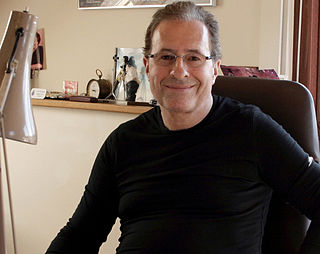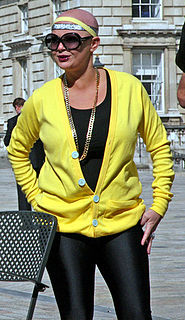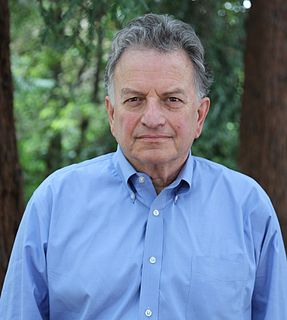A Quote by Jonathan Anderson
The first thing I do in the morning is have an espresso - straight up - and read the papers. I like 'The Independent,' 'The Times,' and the 'Financial Times.'
Related Quotes
A news junkie, I read, daily, the 'Times/Sunday Times,' the 'Guardian/Observer,' 'Mail,' and the 'Argus' - both to keep up with crime in Brighton, where I set my novels, and because I think it is vital to support local papers - they provide a unique accountability for councils, emergency services and so much else, and are dangerously undervalued.
I have quite a bit of experience reporting on corporate behavior, both doing it with independent operations in early in my career, in the underground press, to magazines like 'Rolling Stone,' to regional newspapers and television, and television news programs, to papers like the 'New York Times' and public television.
I tend to write things seven times before I show them to my editor. I write them seven times, then I take them on tour, read them like a dozen times on tour, then go back to the room and rewrite, read and rewrite... I would never show him a first draft, because then he's really going to be sick of it by the twelfth draft.







































